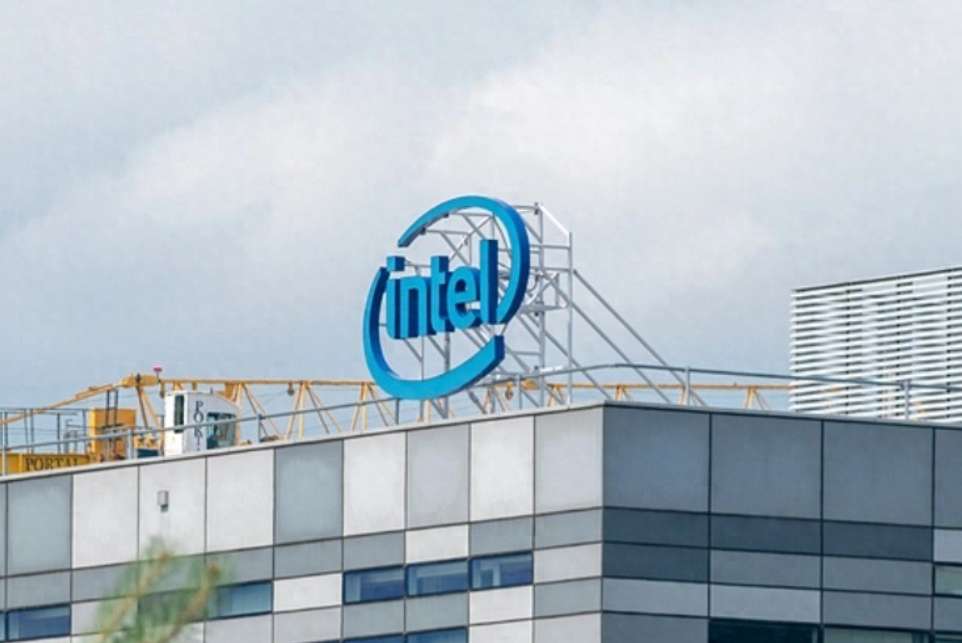Intel Altera Acquired by Silver Lake Capital
Advertisements
Recent developments indicate that Intel's programmable chip division, Altera, could soon find itself under new ownership. Reports from reliable sources suggest that Silver Lake, a prominent private equity firm based in the United States, is in exclusive discussions to acquire a significant stake in Altera. This scenario reflects a larger trend in the tech industry where companies are seeking to optimize their assets in response to varying market conditions.
As negotiations progress, details surrounding the exact equity stake remain fluid. Silver Lake is fine-tuning the specifics of its investment, although insiders caution that these discussions may be prolonged. This potential acquisition follows a series of strategic realignments initiated by Intel’s leadership to streamline its business operations.
In September of the previous year, Intel CEO Pat Gelsinger stated that Altera represents a critical component of the company’s future strategy. However, shortly thereafter, Intel disclosed plans to consider offloading a portion of Altera’s stake as part of a broader plan to stabilize the company amidst financial pressures. The announcement raised eyebrows within the industry, hinting at a pivot in Intel’s approach to its investments.
As negotiations unfolded, Gelsinger indicated during an earnings call last October that Intel was anticipating a conclusion to talks with prospective investors early this year. Furthermore, he mentioned an evaluation of similar options across other Intel divisions, signifying a comprehensive review of the company's structure. Reports emerged later that programmable device suppliers, such as Lattice Semiconductor, expressed interest in Altera, however, some prospective buyers assigned a valuation of just $9 billion to the company—substantially lower than the $16.7 billion Intel initially paid for Altera in 2015.

This prospective deal is poised to provide Intel with essential cash flow at a time when the company is contemplating various strategies to mitigate overall costs. Analysts suggest that divesting from units that can no longer be relied upon for substantial profits may be crucial for Intel’s financial rehabilitation.
Intel's acquisition of Altera in 2015 was a landmark move aimed primarily at strengthening its foothold in the data center market. The acquisition allowed Altera to function as a standalone division—Intel Programmable Solutions Group—where it could harness synergies with Intel’s vast technological resources. A key objective for Intel was to penetrate the telecommunications and networking sectors, which had traditionally eluded them, as they sought to capture lucrative and complementary markets.
However, this strategic gamble did not yield the expected financial returns. Following its acquisition, Altera's revenues remained stagnant for years—hovering around the $2 billion mark from 2017 to 2021. In stark contrast, competitor Xilinx enjoyed a consistent upward trajectory in its revenue, highlighting a growing disparity; by 2019, Xilinx had outpaced Altera by $1 billion in revenue.
Fast forward to October 2023, Intel announced plans to spin off its programmable solutions division into an independent entity. This transition would see the PSG operating autonomously starting in the first quarter of 2024, with Sandra Rivera stepping in as the new CEO. Acknowledging previous mismanagement, Intel’s leadership hopes that restructuring PSG as an independent unit will increase agility and responsiveness within this business segment.
By March 2024, the newly independent PSG made headlines by reclaiming the illustrious Altera brand name. Rivera emphasized ambitions for Altera, forecasting a potential market size of $55 billion in the coming years, implying optimism regarding its competitive prospects against established rivals such as Xilinx, Achronix, and Lattice Semiconductor.
Despite these optimistic projections, Intel recently received initial bids for Altera, presented in various transactional frameworks that could see between 20% and 30% of the business acquired, or even full control. Valuations for these offers range from $9 billion to $12 billion, a significant decline from the $16.7 billion price tag Intel once paid.
Intrigue surrounding Intel does not end with Altera. Rumors have arisen indicating that Intel might be on the brink of a major restructuring that could see it split into two parts, potentially governed by competitors, including TSMC and Broadcom. According to reports dated February 15, insiders claimed that discussions suggest a split where Broadcom would handle Intel’s chip design operations while TSMC would gain control over its fabrication facilities.
Such a split could redefine the landscape of the semiconductor industry, given TSMC's significant influence and Broadcom's strategic ambitions in the tech market. It has been reported that TSMC is considering acquiring either a partial or full stake in Intel’s manufacturing capabilities, possibly rallying investment groups to enable this transaction, while Broadcom is keen on the semiconductor product lines linked to computer and server design.
Both companies, however, are still in very preliminary negotiations, and no formal offers have been made to Intel as of now. Analysts believe that Broadcom's interest hinges on identifying a partner willing to take on Intel’s manufacturing operations, which may either halt progress or shape future developments.
As these narratives unfold, they highlight a pivotal moment for Intel and the broader semiconductor market, with potential shifts in ownership and control that could redefine competitive dynamics. The outcomes of these negotiations will not only affect Intel's structure but could also lead to significant transformations within the industry at large.